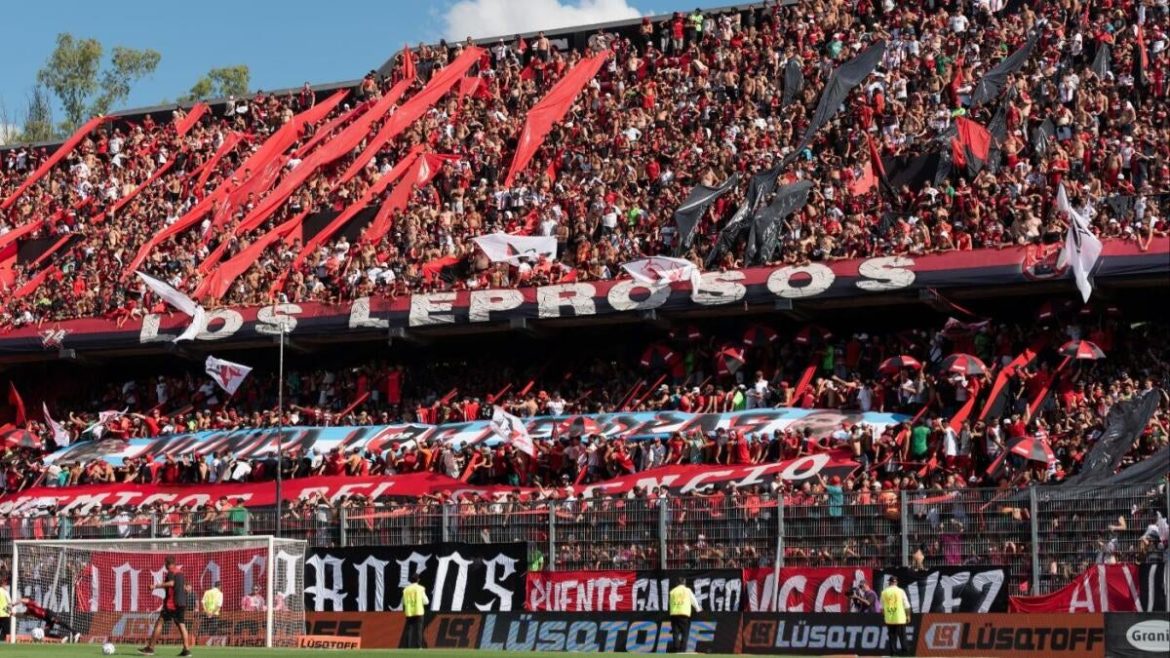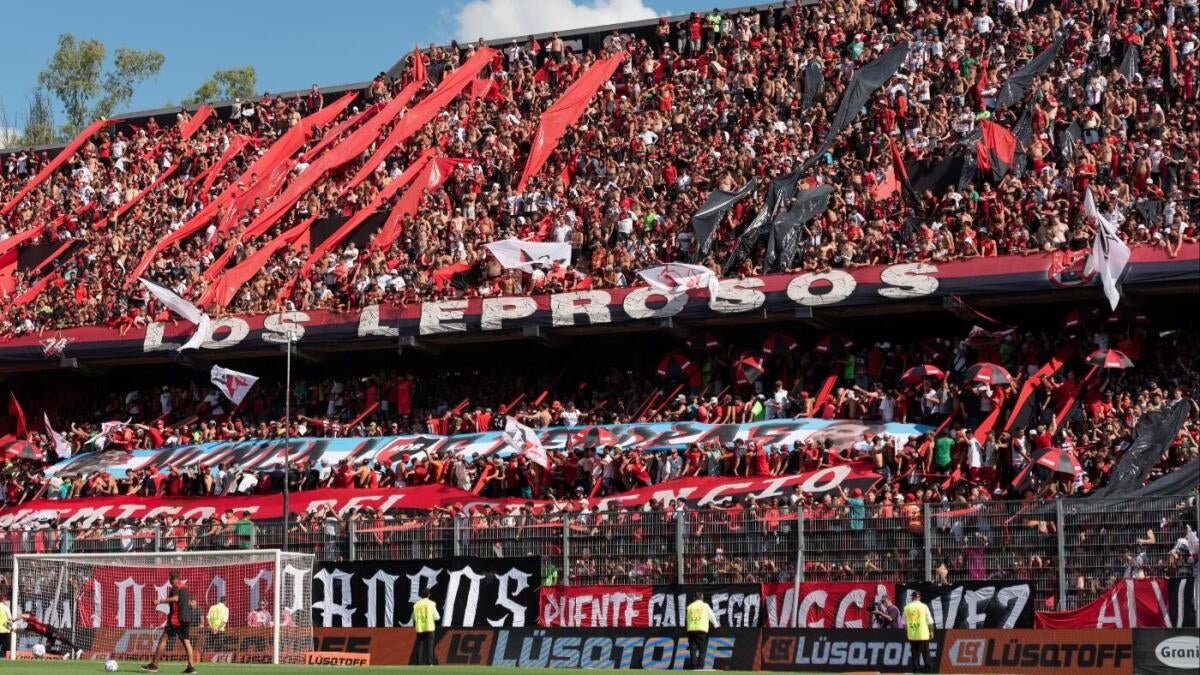Lionel Messi’s Enduring Bond with Newell’s Old Boys: A Journey from Boyhood Roots to Future Aspirations
Lionel Messi, widely acclaimed as one of football’s greatest icons, maintains a profound and multifaceted connection with Newell’s Old Boys, the Argentinian club that shaped his early football development. This relationship, spanning decades, reflects deep-seated loyalty, investment in youth development, and a personal vision for the future of his boyhood club.
Early Foundations and Youth Stardom at Newell’s Old Boys
Messi’s football journey began at Newell’s Old Boys in Rosario, Argentina, where he joined the club’s youth ranks at the tender age of six. Over six formative years, he impressively netted 234 goals in 176 games, a staggering tally that underscored his prodigious talent. From his very first game with the club’s youth team—a lopsided 6-0 victory—Messi announced his arrival with four goals, setting a tone of excellence that would define his career.
Newell’s Old Boys served as a nurturing ground during Messi’s childhood, not merely a launching pad for his professional ascent but also a community and emotional anchor. The club’s local rivalries, particularly with Rosario Central, embedded Messi early on in the intense, passionate football culture of his hometown.
Continued Support and Investment in Argentinian Youth Football
Beyond his playing days at Newell’s, Messi has actively reinvested in nurturing future generations of footballers in Argentina. Since 2013, he has financially supported Sarmiento—a club in Rosario—by funding facility refurbishments and installing all-weather pitches to enhance training conditions. His backing extends to managing the careers and development of youth players at Newell’s Old Boys, rival Rosario Central, and prestigious Buenos Aires clubs Boca Juniors and River Plate.
This sustained patronage reveals Messi’s commitment to cultivating local talent, ensuring that the infrastructure and guidance that benefited him remain accessible to upcoming players. It also highlights his broader vision of elevating Argentinian football domestically, strengthening the grassroots alongside elite competition.
The Prospect of a Return: Playing for Newell’s Old Boys Again
Messi has explicitly expressed his desire to return to Newell’s Old Boys to close the circle of his football career. While having left the club at 13 to join Barcelona’s famed La Masia academy, his emotional loyalty endures. Reports suggest that following his current tenure at Inter Miami, where he has been a transformative figure since his 2023 move, Messi intends to rejoin his boyhood club before retirement, even if only for a brief six-month spell.
This planned return resonates powerfully within football’s narrative tradition, where homecomings symbolize both personal fulfillment and a tribute to formative roots. It also carries symbolic weight, especially for fans and young players at Newell’s, who view Messi as an aspirational figure capable of inspiring future success.
Challenges and Cultural Dynamics within the Club
Newell’s Old Boys is not merely a football institution but also a microcosm of Argentine football’s intense rivalries and cultural complexities. The suspension of six youth players for taking a photograph with a rival Rosario Central player exemplifies the fierce passion and pride infused into the club’s identity. Messi’s role, both as a former player and patron, implicitly intersects with these dynamics.
Moreover, the club has faced competitive challenges, as illustrated by their elimination from the Copa Sudamericana by Brazil’s Corinthians, highlighting the demanding landscape of South American football. Messi’s involvement, through mentorship or direct participation, could galvanize the club towards greater competitive achievements.
Broader Impact and Symbolism
Messi’s connection to Newell’s Old Boys extends beyond football performance to a broader cultural symbolism. Having gained global stature through record-breaking achievements—including eight Ballon d’Or titles and 45 team trophies—his ongoing relationship with Newell’s grounds his narrative in humility and loyalty, traits revered by fans worldwide.
His endorsement of the club via social media and financial support draws attention that transcends the local and national stages, potentially attracting investments or partnerships that could elevate the club’s stature. Additionally, Messi’s mentorship of emerging talents within Newell’s foretells a legacy that interweaves personal success with communal upliftment.
Conclusion: A Legacy Intertwined with Newell’s Old Boys
Lionel Messi’s enduring relationship with Newell’s Old Boys embodies more than a simple player-club association. It is a powerful testament to the formative influence of childhood environments on global sporting legends. His journey from a Rosario neighborhood prodigy to a worldwide football icon is inseparable from the foundational support of Newell’s Old Boys. As Messi contemplates a return to his roots to conclude his playing days, the narrative comes full circle—merging past and future, individual excellence and collective aspiration.
Through financial investments, mentoring, and planned re-engagement on the pitch, Messi continues to uplift the club and Argentinian youth football at large, ensuring that his legacy is not just defined by records and trophies but also by meaningful contributions to the community that first ignited his extraordinary talent.





